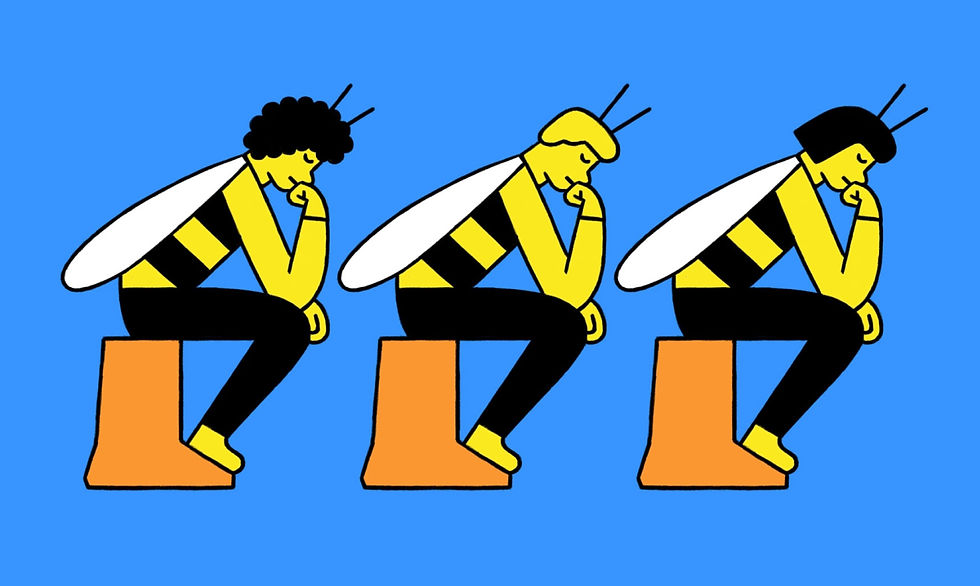
This post is part of TED’s “How to Be a Better Human” series, each of which contains a piece of helpful advice from people in the TED community; browse through all the posts here.
New month. New day. New leaf. So you’ve woken up and decided you’re finally going to take on the big, big problem that’s been weighing on you — perhaps it’s shoring up your public libraries, helping homeless dogs and cats, or fighting climate change.
Yet as much as you’d like to act, you’re stopped by some persistent, piping doubts: “Where do I start? And even if I do something, will it really matter?”
When it comes to climate change, for instance, the greatest minds in the world are struggling to come up with solutions. Meanwhile, you’re someone who struggles to bring your reusable bags to the store.
But maybe it’s time to look elsewhere for inspiration — like the humble honey bee.
They can show us that thinking small may be the best way to think big, according to beekeeper Marianne Gee, who lives in Ottawa, Canada.
The lifespan of a worker bee ranges from six weeks (in the summer) to twenty weeks (in the winter). Most of her brief existence is spent gathering nectar to make honey.

Comments